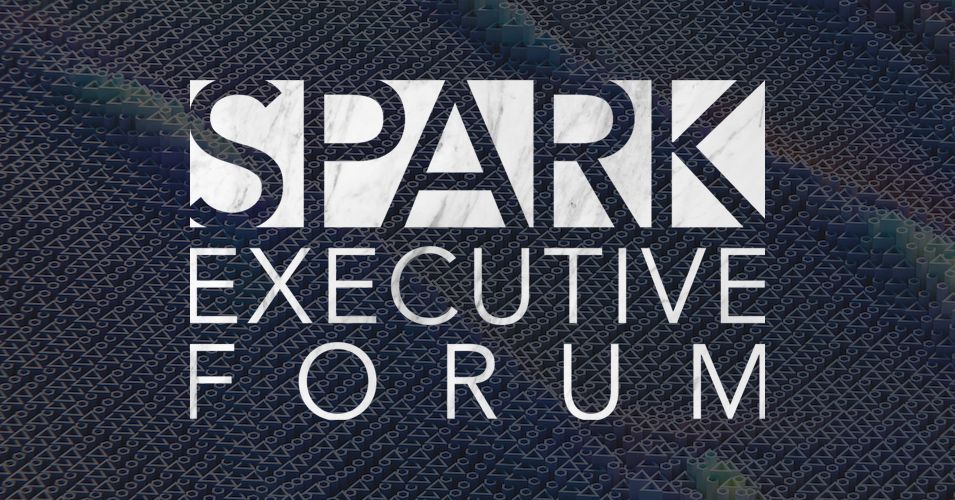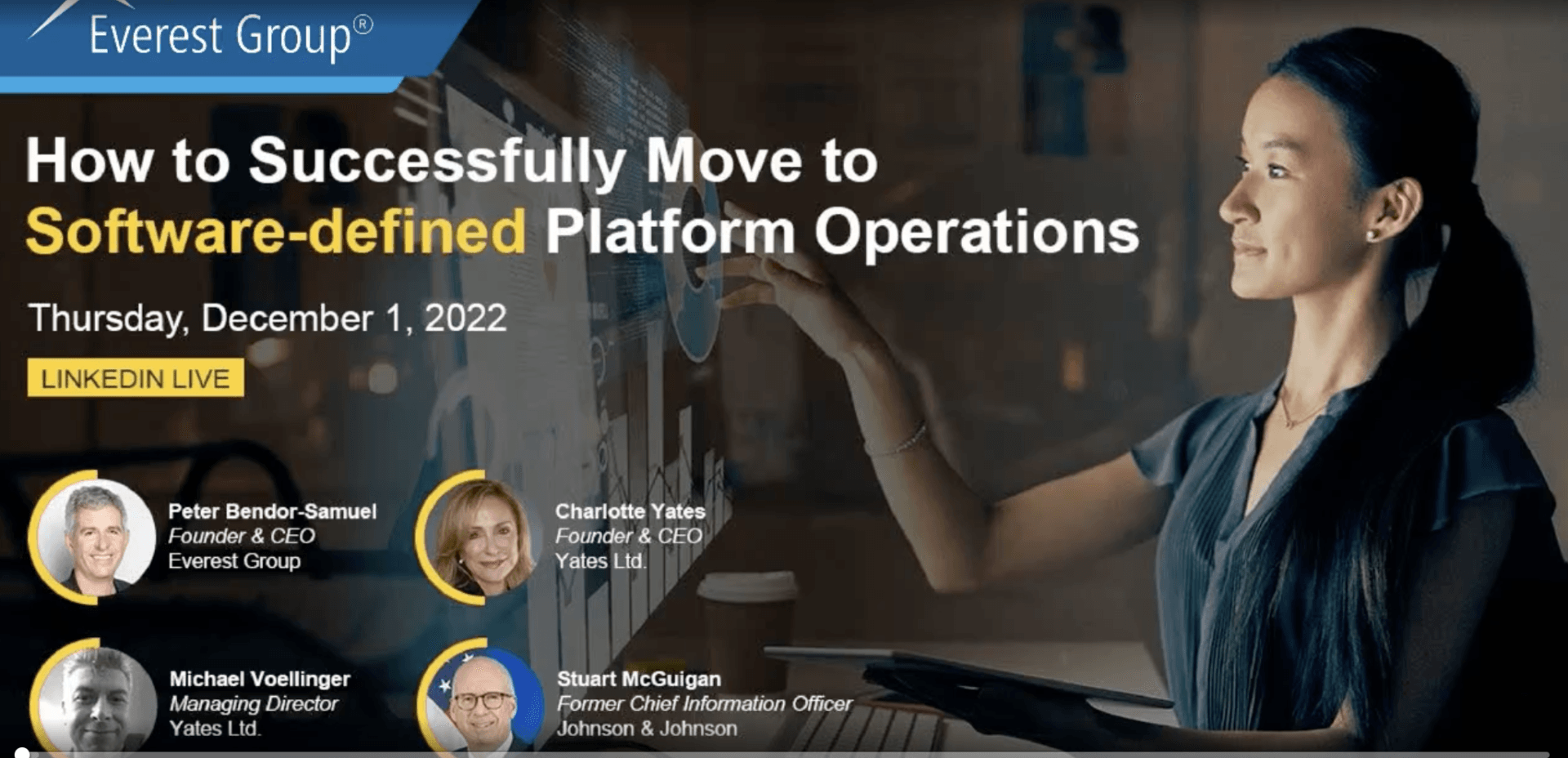Spark 2023 Recap Part 1: The Generative Generation

From cybersecurity to sustainability to data strategy and funding transformation, our attendees didn’t let a single topic come up without considering how AI fits into the mix. It quickly became clear that both the risks and opportunities around AI are weighing heavily on the minds of executives today – and there’s no putting this genie back in the bottle.
An informal survey of those in the room showed that approximately 30% of organizations are currently blocking ChatGPT in some form, with concerns about safety and ethics front and center. In current form, generative AI models (particularly public ones) pose risks to data privacy and security for individuals and organizations alike, and companies are only beginning to understand the governance that must go in place around usage of those models.
The hype around generative AI is at a fever pitch, and most senior executives are under pressure to take advantage of the opportunities and productivity gains. There’s no doubt that generative AIs and large language models have the potential to reshape our world in the way smartphones and the Internet have done prior. But the technology is not mature, and neither is the model for governance and regulation.
In fact, just in the past week, OpenAI has offered 10 grants of $100,000 for “experiments in democratic processes to determine how AI software should be governed to address bias and other factors.” Meanwhile, New York City has passed new regulations for AI in the hiring process, specifically “mandating that companies with workers in the city notify job candidates when AI is being used in decision-making, and to have their technology independently checked for bias each year.”
There’s no doubt that generative AIs and large language models have the potential to reshape our world in the way smartphones and the Internet have done prior. But the technology is not mature, and neither is the model for governance and regulation.
Our group agreed that the best way to start deployment is on a limited basis and for a set of focused, controlled use cases. Besides reducing risk exposure, it will also allow leaders to thoughtfully approach the human side of AI implementation.
In addition, as generative AI solutions mature, they will help reshape the way leaders think about creating agility, profitability, and scalability both within their organizations and in their respective markets. It has the potential to reshape the rules for creating competitive advantage, which is both an opportunity and a risk – there is a huge potential for innovation, but there is also equal potential to be disrupted or displaced.
Of course, with change comes the need for change management, and few technologies have necessitated change management as strongly as AI. While it can generate significant excitement, it can also create significant resistance. To be successful, it’s vital to move slowly and transparently, showing employees and executives alike how AI is being used and how it benefits them – how it makes their lives easier and lets them focus on higher-order tasks. Never has it been more important to have stakeholder sponsorship and engagement, transparent two-way communication, and thorough consideration of the positive and negative impact on your business. This is a story executives need to articulate clearly at every step of the journey.
Read more takeaways from Spark 2023:
Part 2: The Great Cloud Reckoning



Get in touch with us
Contact Us
We will get back to you as soon as possible.
Please try again later.
ABOUT YATES
Yates Ltd partners with senior executives to create the strategy, blueprints, financial mechanisms and execution plans to drive and achieve transformation. Our clients gain measurable cost savings, new capabilities, and the ability to outperform the competition.
Yates is a WBENC-certified woman-owned business and an SBA-certified woman-owned small business.








